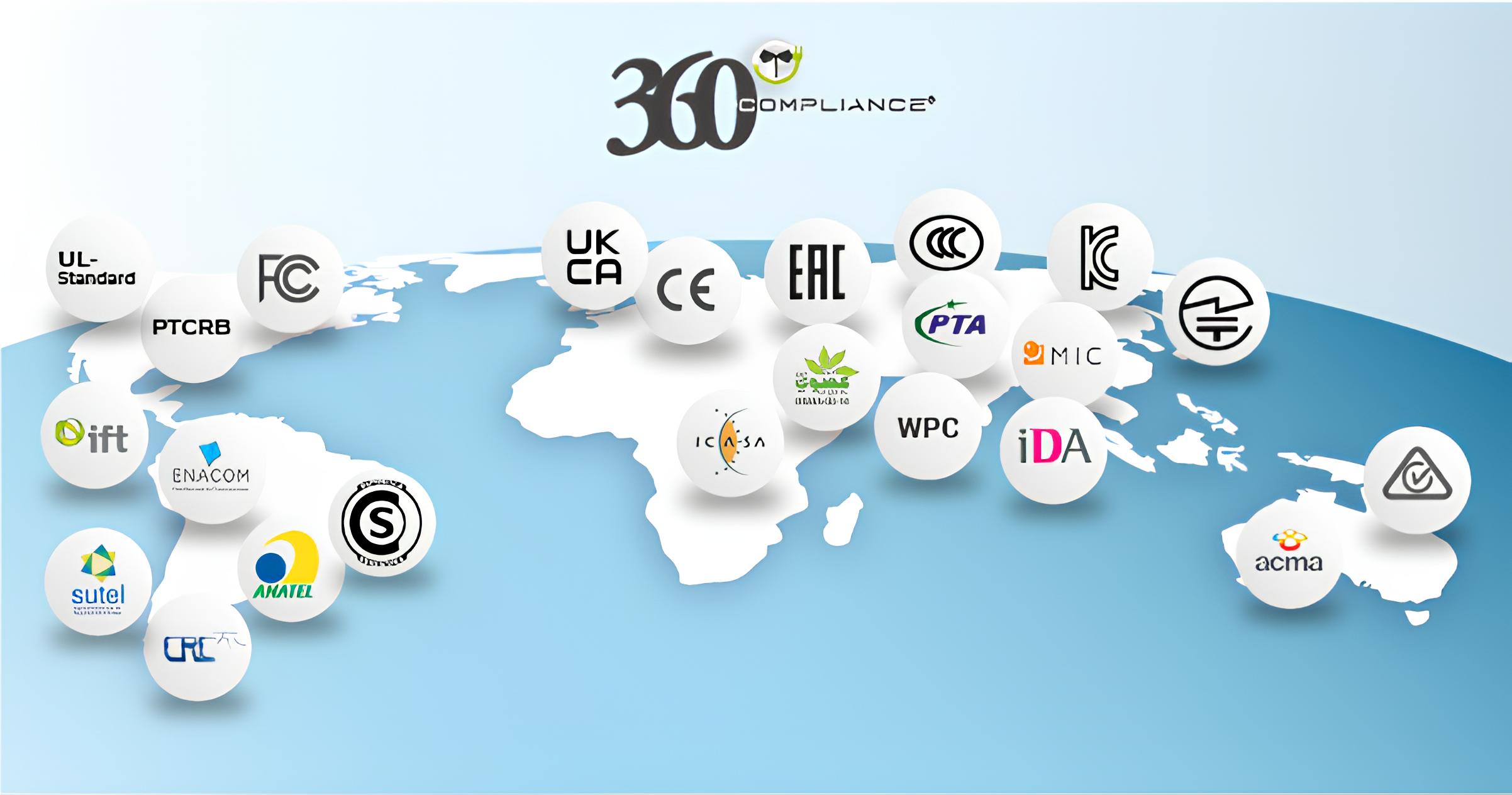
Bangladesh’s Ministry of Industries has recently announced an expansion to the list of mandatory products under the Bangladesh Standards and Testing Institution (BSTI). This move is aimed at ensuring that more products meet the country’s stringent quality and safety standards. As a result, manufacturers, importers, and businesses involved with these products will need to adhere to the updated regulations. In this post, we’ll break down the changes, what they mean for businesses, and how to ensure compliance.
Why the New Mandatory Products List Matters
As industries continue to grow, Bangladesh’s Ministry of Industries is working to protect consumers by enforcing stricter quality controls on various goods. In particular, the updated list covers products across a range of industries, including electronics, food, and building materials. Therefore, it’s important for businesses operating in Bangladesh to stay informed about these changes.
The BSTI’s expanded list of mandatory products now includes:
- New categories of consumer electronics and electrical goods
- Construction materials, such as cement and steel
- Food items, including processed foods and beverages
Moreover, these products must undergo rigorous testing and certification before they can be sold in the Bangladeshi market. Thus, complying with these standards is essential for manufacturers and importers.
The Importance of BSTI Certification
In Bangladesh, BSTI certification is crucial for ensuring that products meet the national quality and safety standards. Without proper certification, companies may face severe consequences, including fines, penalties, or the removal of non-compliant products from the market.
Key reasons to comply with BSTI certification include:
- Consumer safety: Certified products ensure that consumers are using safe and high-quality goods.
- Market access: Products that meet the required standards are allowed into the Bangladeshi market, providing businesses with growth opportunities.
- Legal protection: By adhering to the standards, companies can avoid legal complications and safeguard their reputation.
Therefore, it’s vital for businesses to follow the regulations and obtain BSTI certification for their products.
What Businesses Need to Know About BSTI’s Updated Regulations
With the updated list of mandatory products, manufacturers and importers must take several steps to ensure compliance. Firstly, businesses need to identify whether their products fall under the expanded list. If so, the next step is to submit their goods for testing and certification through the BSTI.
Key steps for businesses include:
- Review the updated product list: Identify if your product is now subject to mandatory certification.
- Prepare for testing: Products must meet the standards set by BSTI, which include specific tests for quality, safety, and durability.
- Obtain certification: Submit the necessary documents and samples to BSTI for approval.
- Ensure ongoing compliance: After certification, businesses must ensure that future products continue to meet the quality standards outlined by the institution.
Additionally, failing to comply with the new regulations can lead to severe consequences, such as product recalls, legal actions, or even the loss of market access in Bangladesh.
Impact on Manufacturers and Importers
The updated list of mandatory products will have a significant impact on manufacturers and importers. For example, businesses will need to invest more time and resources into ensuring their products meet the required standards. As a result, the increased scrutiny may lead to higher costs for testing, certification, and product improvements.
Moreover, companies that adapt to these new regulations early will likely have a competitive edge, ensuring their products remain in the market without interruptions. On the other hand, businesses that delay compliance may face costly penalties and risk losing access to the Bangladeshi market.
How to Stay Ahead of BSTI New Regulations
To stay ahead of the new regulations, businesses should start by closely monitoring the Ministry of Industries’ announcements and updates. Additionally, companies can work with compliance experts to streamline the certification process and ensure their products are fully compliant with the BSTI standards.
Here are some steps businesses can take:
- Consult with regulatory experts: Professionals can help navigate the complex certification process and ensure compliance.
- Invest in quality control: By improving internal quality control measures, businesses can ensure their products meet BSTI standards consistently.
- Stay informed: Regularly check for updates on the Ministry of Industries’ website to stay aware of any changes or additions to the mandatory products list.
Conclusion
Bangladesh’s decision to expand its list of mandatory products reflects the country’s commitment to ensuring product safety and quality. As a result, businesses must adapt quickly to the new regulations to avoid disruptions in their operations. By obtaining BSTI certification, companies can secure market access, protect their brand reputation, and ensure compliance with Bangladesh’s regulatory standards.
Contact 360Compliance today to get expert assistance on navigating Bangladesh’s regulatory landscape and ensuring your products meet the latest standards.
You may also be interested





